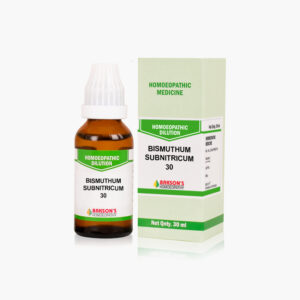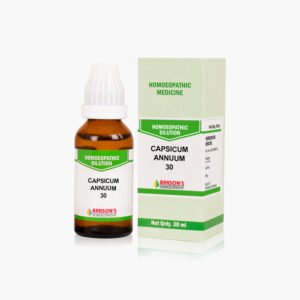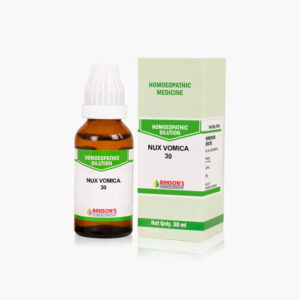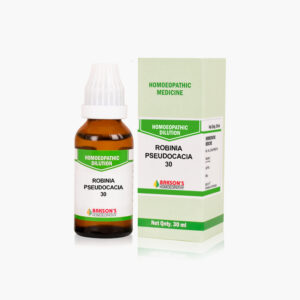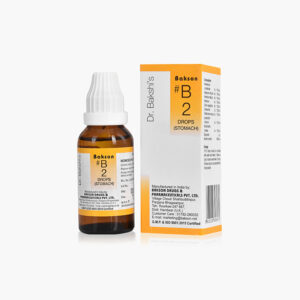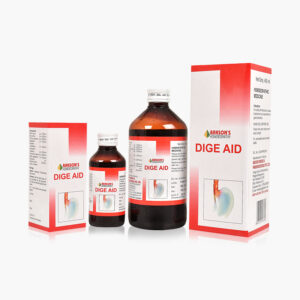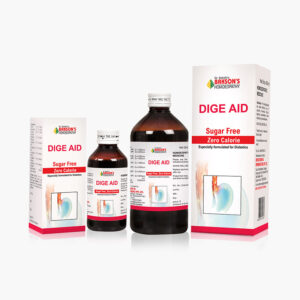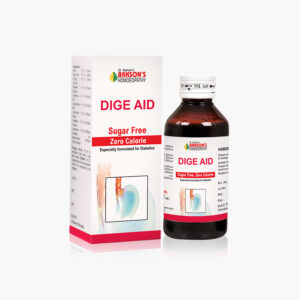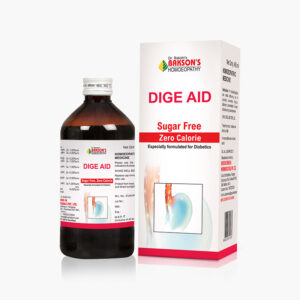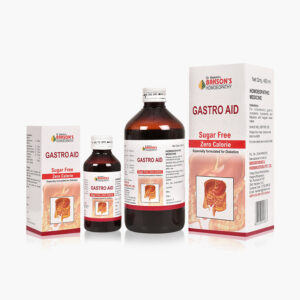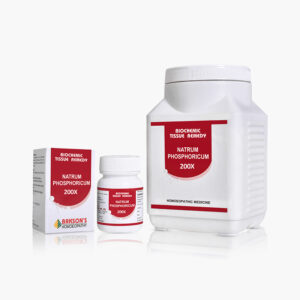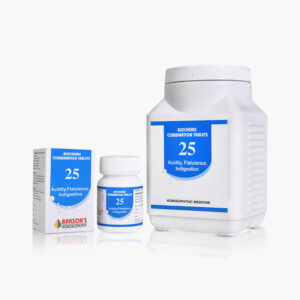What is Gastric Ulcer?
Gastric ulcers are a break in the mucosal barrier of the stomach lining that penetrates through the muscularis mucosa and are greater than 5 mm in diameter. There are natural factors such as prostaglandins, mucus growth factors, and adequate blood flow, which protect the stomach mucosa from the harmful acidic environment of gastric lumen. When alterations occur to these defenses, it can lead to changes in the gastric mucosa which causes erosion and ulceration. This barrier can be damaged by smoking, hydrochloric acid, ischemia, NSAID medications, hypoxia, alcohol, and Helicobacter pylori infection.
Causes
The most common causes of gastric ulcers include
- Bacterial infection with Helicobacter pylori.
- Gastric prostaglandin loss associated with the use of non-steroidal anti-inflammatory medications.
- Hypergastrinemia (Zollinger-Ellison syndrome),
- Viral infections such as CMV,
- Chemotherapy and radiation,
- Gastric outlet obstruction,
- Gastric infiltrative disorders such as malignancy,
- Cigarette smoking, and
- Crohn disease.
Signs and Symptoms
Gastric ulcer is presented by an epigastric pain that is worse with eating with mild nausea and early satiety. Pain is of a sharp or burning type that typically doesn’t radiate. There is epigastric tenderness on examination. Patients may also present with an upper GI bleeding.
Diagnosis
Diagnosis is reached with the help of clinical features and history. To rule out H. pylori infection, a blood, stool, or breath test may be advised. Other tests that can be used to diagnose stomach ulcers include Barium swallow, endoscopy and endoscopic biopsy.
Management
Treatment depends on the cause of the ulcer. Certain lifestyle choices and habits can reduce the risk of developing peptic ulcers:
- Avoid alcohol and caffeinated drinks.
- Wash hands frequently to avoid infections.
- Limiting your use of NSAIDS.
- Cessation of smoking and other tobacco use.
- Eating a balanced diet rich in fruits, vegetables, and whole grains.
Warning: Above information provided is an overview of the disease, we strongly recommend a doctor’s consultation to prevent further advancement of disease and/or development of complications.
Disclaimer: The information provided herein on request, is not to be taken as a replacement for medical advice or diagnosis or treatment of any medical condition. DO NOT SELF MEDICATE. PLEASE CONSULT YOUR PHYSICIAN FOR PROPER DIAGNOSIS AND PRESCRIPTION.



 Login
Login

